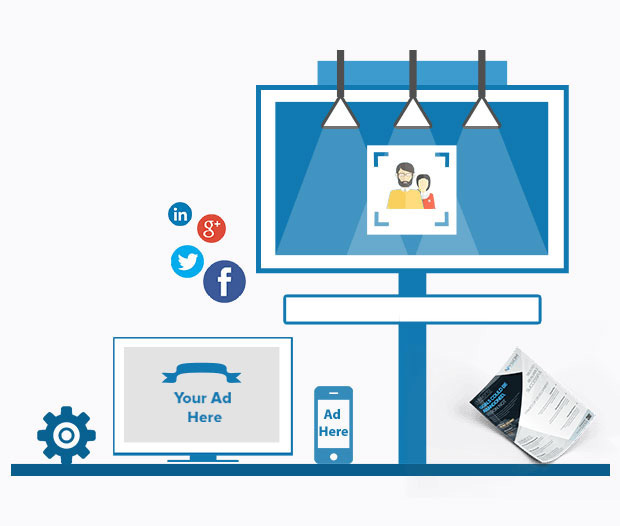
Campaign Strategy
Running Campaigns in a continuous cycle is a highly effective way to align individual motivation with organizational goals. A campaign can be seen as an organized, purposeful effort to create change, and it should be guided by thoughtful planning. Before taking action, successful campaigners learn as much as possible about:
- The existing situation
- Who is affected by the campaign issue both positively and negatively?
- What changes could improve the situation?
- What resources, tactics and tools are available to implement a campaign that will address the issue?
We Help to Deliver Measurable Improvements in Your ROI. This is What We Help You with:
- Build a campaign around your brand story
- Engage your audience with innovative advertising
- Direct your online and offline efforts to reach your target audience
- Track the results and improve on them as per need
How to Build an Effective Campaign Strategy
Customize Campaigns for Your Target Audience
Creating a generalized campaign strategy and hoping that your message reaches the right audience is not going to be successful. You need to first analyze your customer demographic and learn how your audience interacts with your business on an individual level. By organizing campaign content that focuses on your customers’ needs, audiences will be more attracted and be receptive to your business and the products/services you offer. You should focus more on how to 'BE' social than how to 'DO' social media.
Build Innovative Strategies to Get Actionable Results
Your brand’s strategy should be based on company goals. Out-of-the-box thinking is what gets the conversation started. Social media is then used to encourage further spread of this message. Since campaigning is a multi-faceted set of activities, the number of techniques that can be used is virtually unlimited. Remember that the most appealing or innovative techniques are not necessarily the most effective ones. Techniques and tools need to be tailored to the target audiences’ characteristics. Devise effective ways of getting the target audiences to take the necessary action to achieve the desired outcome and eventually reach the campaign goal. Predicting future industry trends by using the data you’ve collected will help to create strategies that are more relevant to your audience. Once you have attracted your customers, you have to make sure to lead them towards actionable results such as an email sign-up, a free trial, or a purchase.
Synergy Between Online and Offline Marketing Efforts
The whole purpose of creating a campaign is to engage your audience with your brand in order to get the conversions and thus, achieve your business goals. To engage your audience, you need visibility. Visibility could be achieved by both - online and offline marketing efforts. Symbiosis of Online and offline marketing leads to a stronger boost to your ROI than if you chose one or the other. Using the two together helps to build a powerful, far-reaching marketing approach. Many marketers have totally moved their marketing efforts into the digital realm and forgotten about a tried and true marketing medium that has worked incredibly well for decades i.e. Offline marketing. Hence, this has led to decrease in competition in offline marketing, allowing you to leverage the gain by Offline marketing. As it is said - "Strike while the iron is hot". But if you are going to successfully integrate your online and offline marketing efforts into one smoothly running, bottom line enhancing campaign, you have to do it right. Also make sure that you should have strong brand footprint spanning across multiple social platforms which are more prominent among audience. This is imperative because customers are at all different points of the conversion funnel, and that determines where they are engaging with your business. Hence, building a campaign strategy on one platform is essentially ignoring other potential customers who are active with your online presence elsewhere.
Track Your Campaigns
The most important aspect of any campaign, and most especially integrated campaigns, is putting the proper analytics and attribution methods in place to really understand how you're achieving conversions and/or results. This would help you to learn what’s successful, what isn’t, and how you can improve. If you can plan ahead and set up tracking before your campaign begins (and well before your report is due), it will be much easier to access the data you need later.

